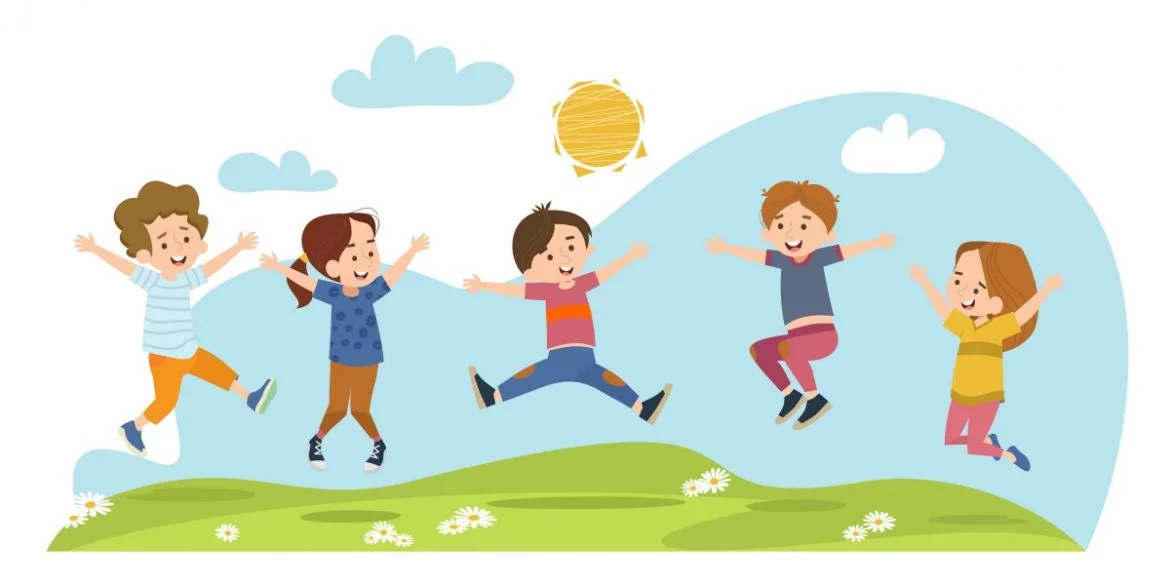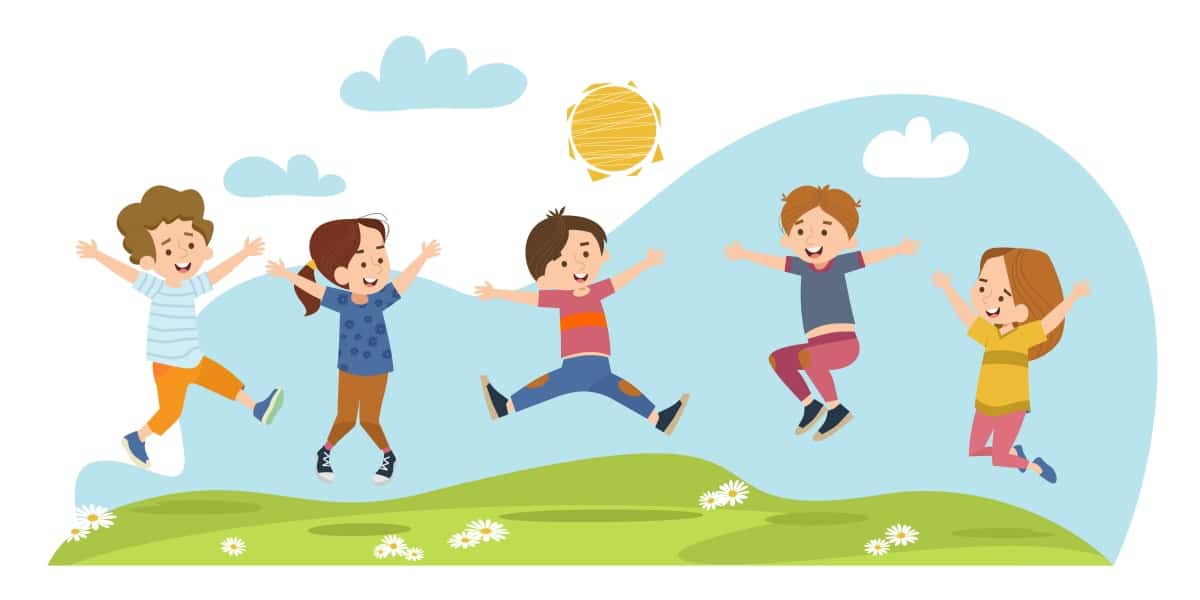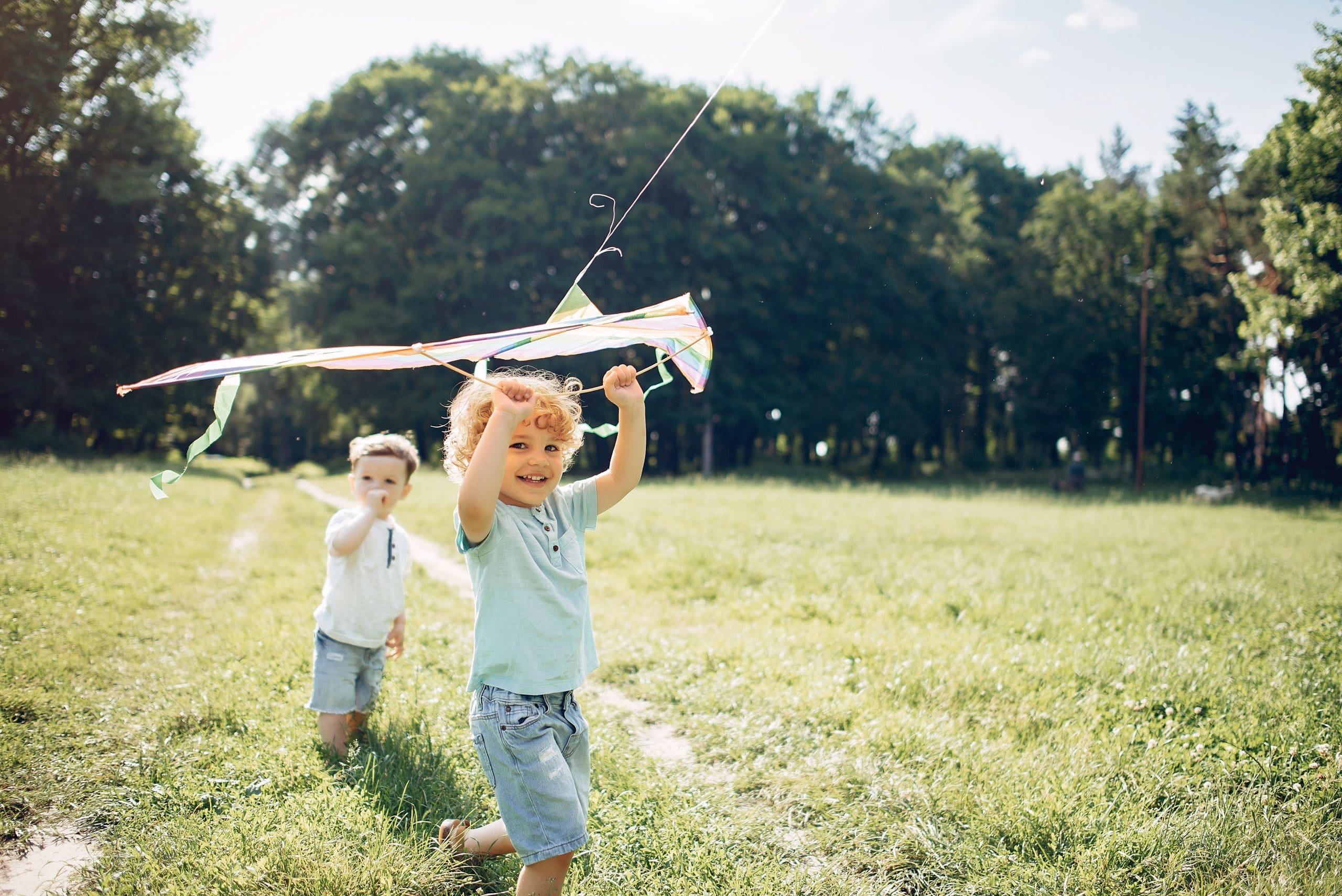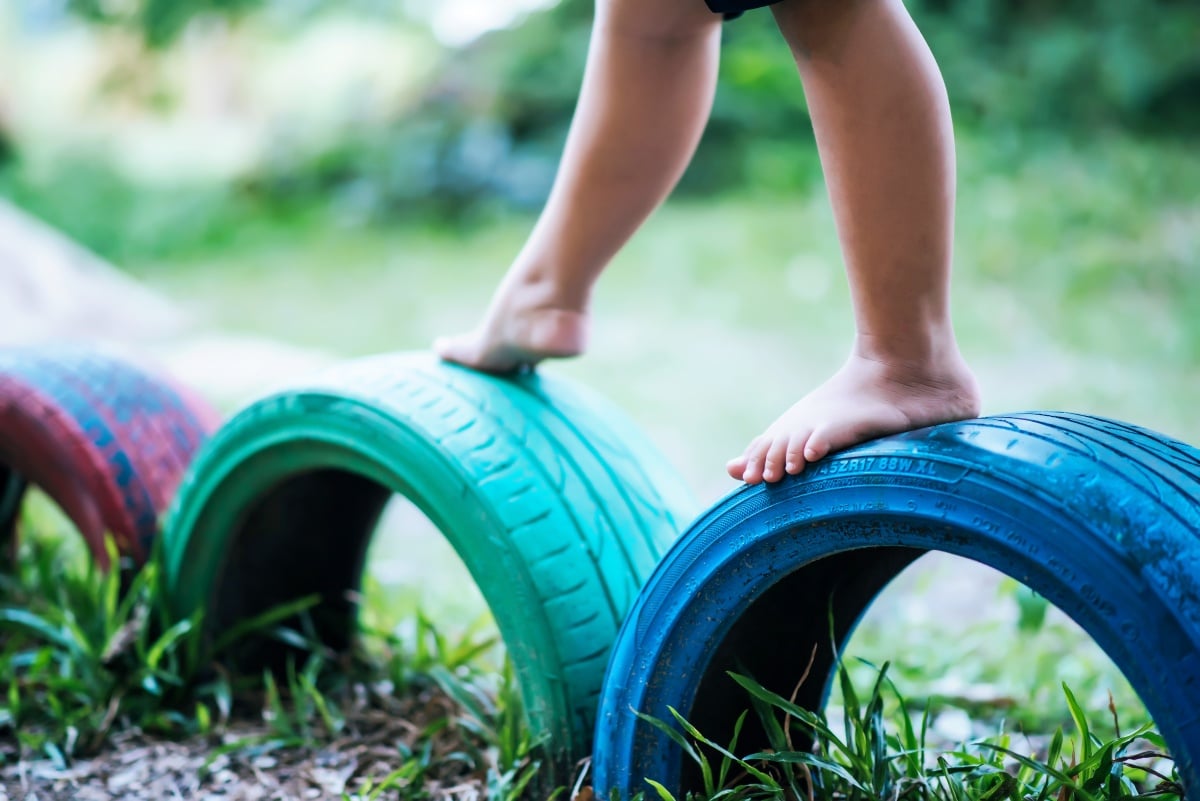After staying indoors completing home-based learning activities and playing indoors for several months now, little children all around Singapore are eager to head outside to breathe in fresh air and play in the sun! Did you know that outdoor play and outdoor activities are strongly encouraged as they offer a plethora of positive effects on children’s well-being?
Studies have shown that playing in natural spaces supports a child’s sense of self, allowing children to recognise their independence alongside an interdependence and connectedness with their ecological worlds.
6 Benefits of Outdoor Play
Outdoor play is a crucial part of one’s childhood. When outdoors, children are in their natural habitats, exploring new environments, asking numerous questions, and experiencing new things!
About Mulberry Learning
At Mulberry Learning, we recognise the importance of outdoor play in preschoolers and we believe that children learn best in thoughtfully-curated surroundings. Our design philosophy is to bring the outdoors indoors, creating a vibrant oasis for children to learn and play in. Each Mulberry Learning preschool boasts warm, inviting, and provocation-rich learning spaces to stimulate a child’s curiousity, generate conversations, conjure thoughts, formulate ideas, and generate interest in the things around them.
Exclusive Promotion
Wondering how our award-winning preschool can help equip your child with future-ready skills? Book a virtual tour to explore our beautifully crafted Reggio-inspired learning spaces from the comfort of your own home!











